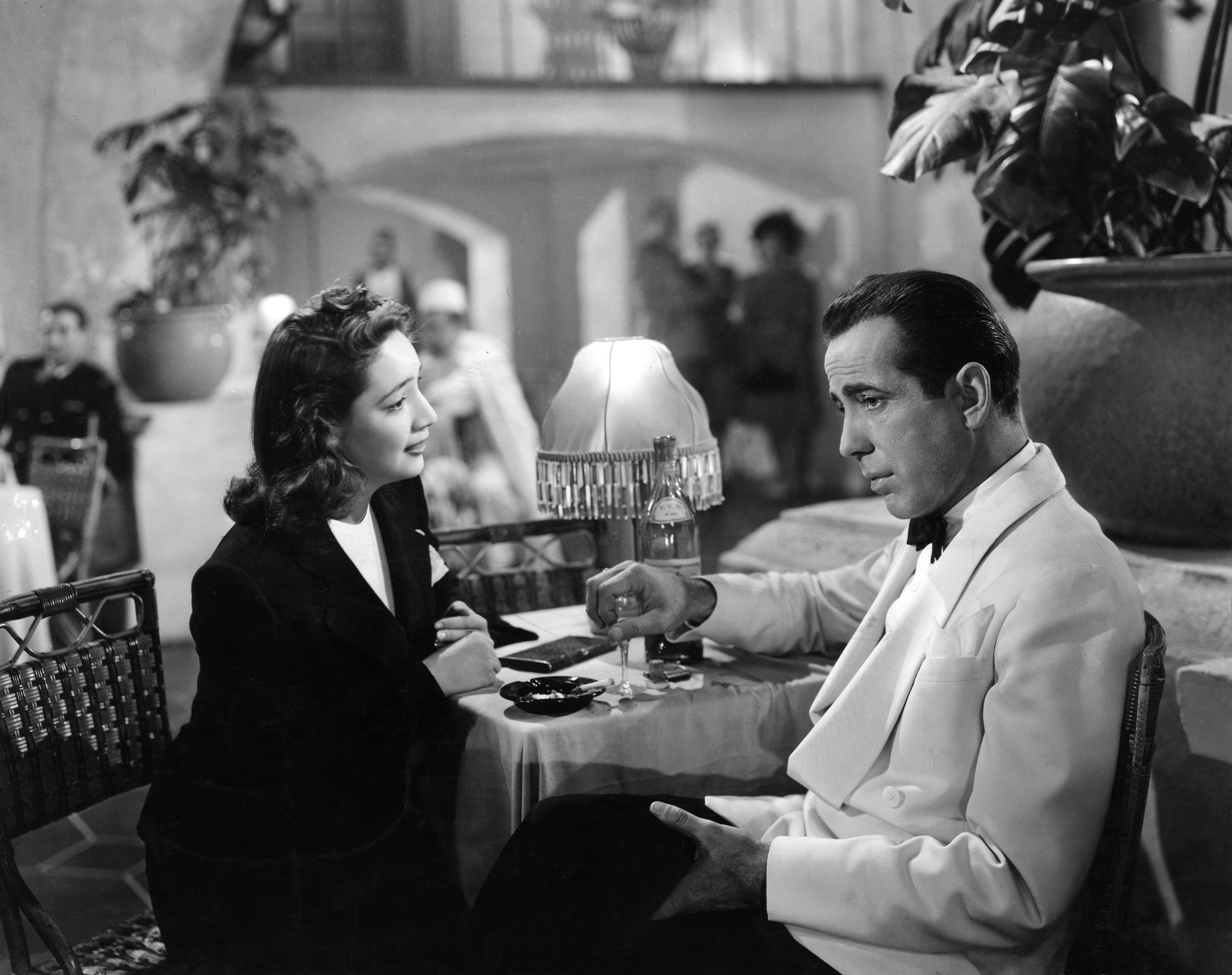Casablanca is considered one of the greatest classic films of all time. However, what inspired its creation? Let’s take a deeper look at the real-life influences and events that led to this iconic movie.
Drawn from Personal Experiences
Murray Burnett went on a trip to Europe with his wife in 1938, just as World War 2 was beginning. They witnessed the desperation of refugees trying to escape the war and find safe passage. One place that stood out was a popular cafe in Casablanca, Morocco, filled with people drinking, socializing, and discreetly making covert plans. Burnett realized this setting had a compelling story to tell. He created a play called “Everyone Comes to Rick’s” based on his experiences.

A Play Finds its Way to Hollywood
Though the play did not make it to Broadway, Burnett submitted it as a potential movie idea. Warner Brothers saw its potential and acquired the rights. They brought in screenwriter Julius J. Epstein to remake it as a film adaptation. Epstein did further research on Vichy-era Casablanca and wartime refugees to add authentic historical details. Drawing from current events gave the story more depth and resonance.
Adding Hollywood Magic
Directors Michael Curtiz and Howard Koch joined the project. They worked to craft memorable characters and dramatic plotlines that would captivate audiences. Legendary names like Humphrey Bogart, Ingrid Bergman, and Paul Henreid were cast in the lead roles. Lavish sets were constructed to depict 1940s Casablanca authentically. [“war refugees” longtail keyword] During filming and post-production, the creative team made certain touches even more suspenseful and romanticized than reality. However, the heart of the story remained grounded in Burnett’s true account of desperate people in a turbulent time.
A Timely Release and Massive Success
Warner Brothers released Casablanca in theaters in November 1942, just after the US officially entered WWII. Audiences found resonance in its portrayal of the moral struggles around staying neutral versus joining the fight against tyranny. It was an immediate commercial and critical success. Casablanca went on to win three Academy Awards, including Best Picture for 1943. To this day, it remains one of the most beloved and influential films ever made thanks to its powerful blend of fact and fiction crafted from real-life wartime experiences.
Legacy and Impact of Casablanca
Casablanca’s immense popularity endures because its core message of hope amid conflict has continued relevance in different eras. Generations since have discovered and fallen in love with the film. Countless movies, TV shows, plays, and other works have paid homage or been influenced by it. Iconic lines of dialogue like “Play it again, Sam” and “We’ll always have Paris” have ingrained themselves into popular culture. Beyond the romance and suspense, Casablanca reminds us of humanity’s ability to find light even in the darkest of times through compassion and courage. [“classic Hollywood films” longtail keyword] Over 75 years later, it still illuminates what is best in the human spirit.

 Cultural Perspectives on Dog Meat Consumption in China
Cultural Perspectives on Dog Meat Consumption in China